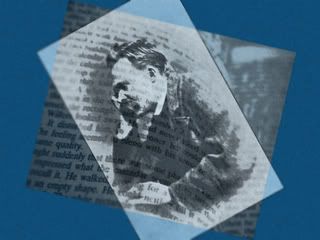
In response to the article on slow reading, Karl Maurer sent the following citation from Nietzsche, written in 1886 near Genoa:
“Besides, we are friends of the lento, I and my book. I have not been a philologist in vain — perhaps I am one yet: a teacher of slow reading. I even come to write slowly. At present it is not only my habit, but even my taste — a perverted taste, maybe — to write nothing but what will drive to despair every one who is ‘in a hurry.’ For philology is that venerable art which exacts from its followers one thing above all — to step to one side, to leave themselves spare moments, to grow silent, to become slow — the leisurely art of the goldsmith applied to language: an art which must carry out slow, fine work, and attains nothing if not lento. Thus philology is now more desirable than ever before; thus it is the highest attraction and incitement in an age of ‘work’: that is, of haste, of unseemly and immoderate hurry-skurry, which is so eager to ‘get things done’ at once, even every book, whether old or new. Philology itself, perhaps, will not so hurriedly ‘get things done.’ It teaches how to read well, that is, slowly, profoundly, attentively, prudently, with inner thoughts, with the mental doors ajar, with delicate fingers and eyes. My patient friends, this book appeals only to perfect readers and philologists: learn to read me well!”
We're sorry. Something went wrong.
We are unable to fully display the content of this page.
The most likely cause of this is a content blocker on your computer or network.
Please allow access to our site, and then refresh this page. You may then be asked to log in, create an account if you don't already have one, or subscribe.
If you continue to experience issues, please contact us at 202-466-1032 or help@chronicle.com
